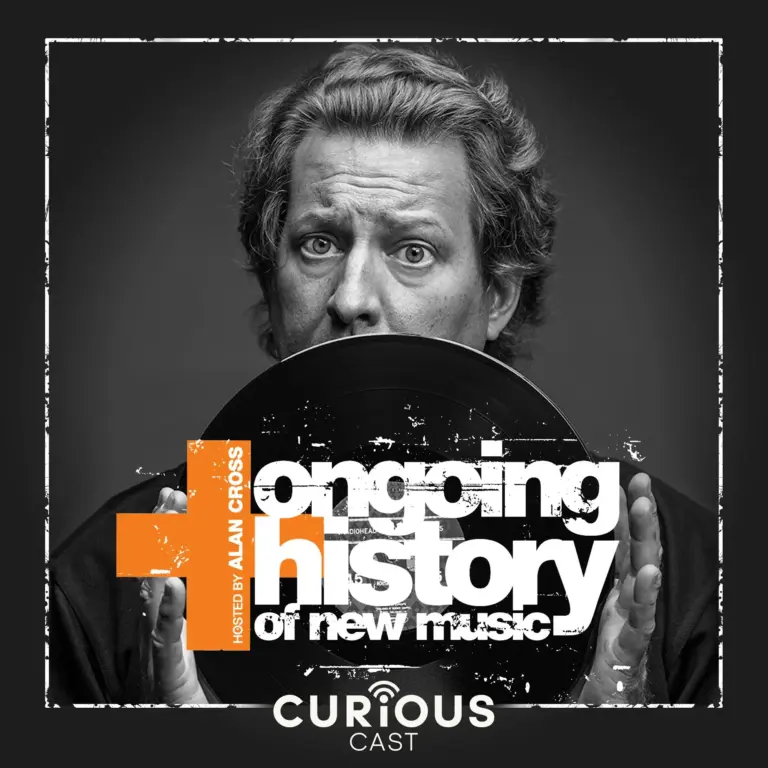
Every once in a long while, a new genre of popular music emerges, evolves a little bit and then stays almost exactly the same with only the slightest of variations…not that there’s anything wrong with that…a formula is discovered…it seems to work…so why change it?...
Old-school 12-bar blues is an example…it features one of the most common chord progressions in Western music…the style of lyrics, phrasing, structure, and duration have been pretty much standard since the days of gospel and spirituals and African-based oral traditions…an Alabama musician named W.C. Handy was the first to codify 12-bar blues playing around 1905…
Ska might be an example…it has many different flavours, but there are common components under the hood, rooted in playing on the off-beat—the “one” and “three” instead of the “two” and “four”…
You might say the same about Reggae and its foundations in the debow beat, although you’ll probably get a little pushback from fans…
Lemme throw this into the mix: garage rock…two or three chords played on guitar, bass, and drums with a loose, rebellious vibe…nothing too complicated…it’s just gotta feel good…
And here’s one more that might not spring to mind right away: surf music…it, too, can come in different forms…as a type of garage rock…it can be punky…it can be hardcore…it’s great for skateboarding or snowboarding…and yes, it’s also about the beach, the boards, and the swells…
But it’s also more than that…it’s about guitars, amps, pedals, amps, cars, girls, beer, and parties…it can feature vocals but it might be best experienced as instrumentals….
There’s a lot more to surf music than you might think…and its importance and influence and legacy goes far beyond the beach...…here…let me show you.
Show contact info:
X (formerly Twitter): @AlanCross
Website: curiouscast.ca
Email: [email protected]
Learn more about your ad choices. Visit megaphone.fm/adchoices